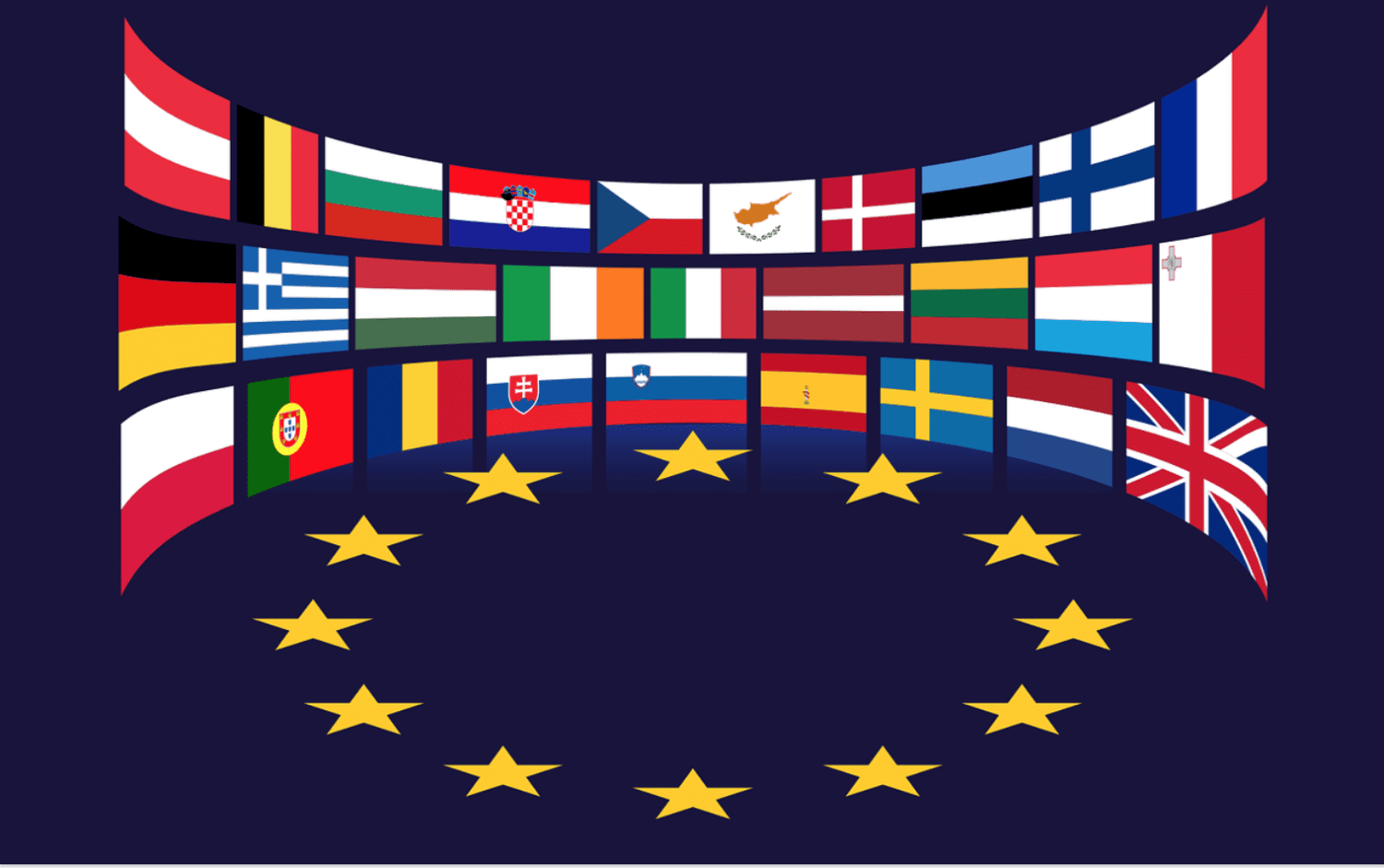As governments increasingly use unilateral sanctions measures to pursue foreign policy objectives, it has become common for businesses, including banks and financial institutions to over-comply with them, said the UN Human Rights Council-appointed Special Rapporteur on unilateral coercive measures, Alena Douhan.
Ms. Douhan said some individually imposed sanctions are having a widespread detrimental impact on people’s right to healthcare.
Vulnerable
“Health systems around the world are highly vulnerable to the enforcement of unilateral sanctions and the growing cases of over-compliance and excessive de-risking policies,” she said.
In her report to the 54th session of the Human Rights Council, Ms. Douhan highlighted the negative effects of over-compliance with unilateral sanctions by businesses across the globe.
She noted sanctions can pose serious challenges to the procurement and delivery of medicines, medical equipment and other humanitarian goods, which are exempt from any restrictions.
Secondary sanctions
The growing use of secondary sanctions has serious implications for the human rights of citizens living in sanctioned countries, including their right to adequate, appropriate and timely healthcare.
The UN said the impact of these sanctions extends to a wide range of health-related issues, including the shortage of health workers in sanctioned countries, limited opportunities for training and barriers to accessing scientific knowledge and research.
Knock-on effects
“It also affects all relevant underlying determinants of health, including access to safe water and sanitation, food safety, and clean, healthy and sustainable environment, among others,” Ms.Douhan added.
She recalled that the enforcement of unilateral sanctions and zero-risk policies violated numerous international treaties and customary obligations of States.
That includes obligations under the UN Charter and relevant international human rights treaties.
“Claims about the unintentional character of the adverse humanitarian impact of unilateral sanctions on human rights, and in particular on the right to health, and references to good intentions should not be invoked to legitimize designing and implementing such unilateral measures,” the Special Rapporteur warned.
Special Rapporteurs and other UN experts are not UN staff and are independent from any government or organisation. They serve in their individual capacity and receive no salary for their work.





